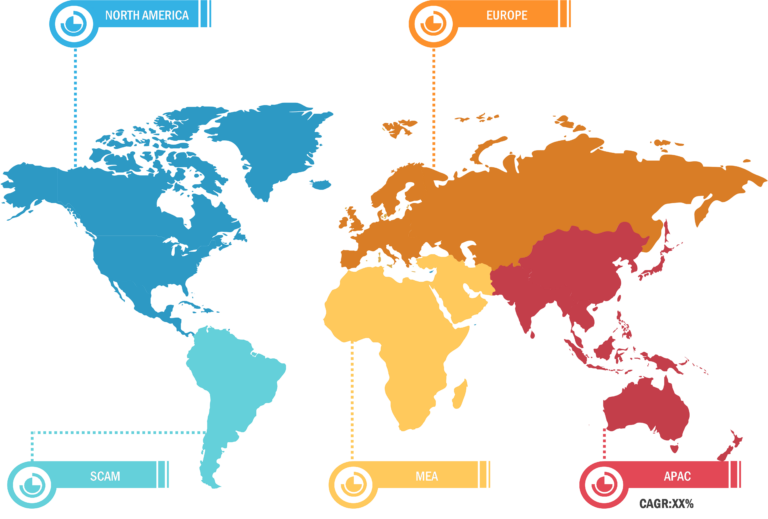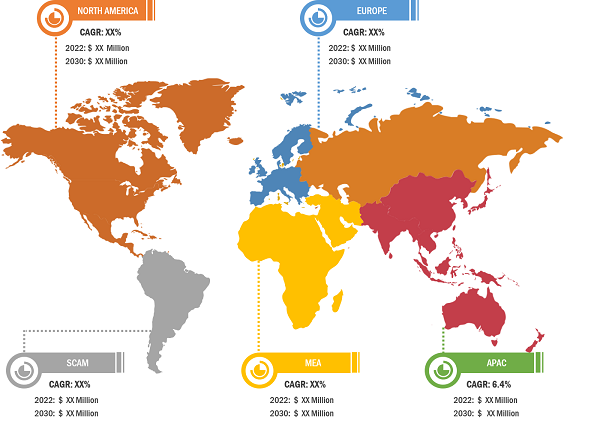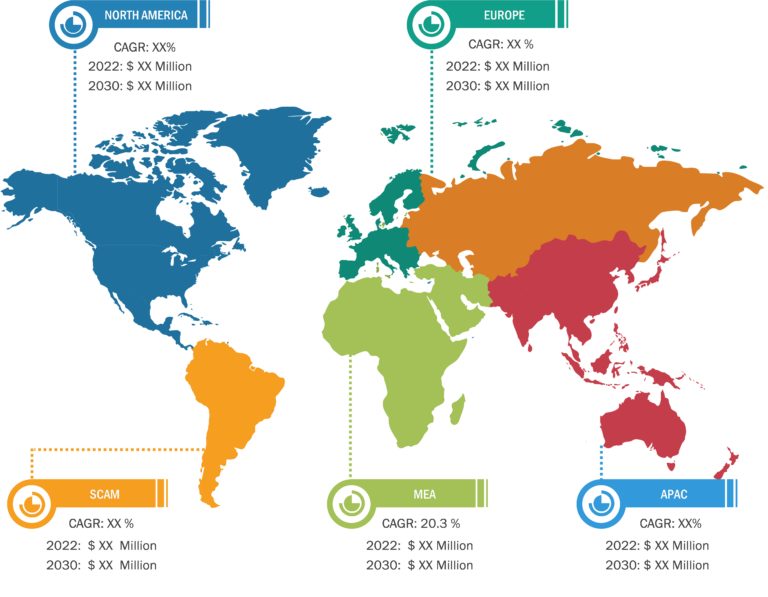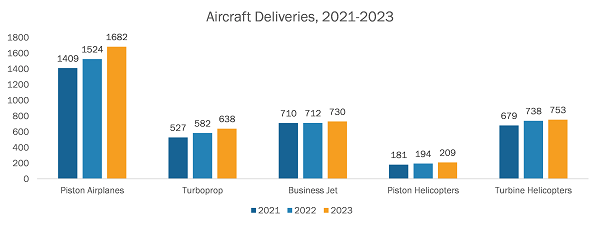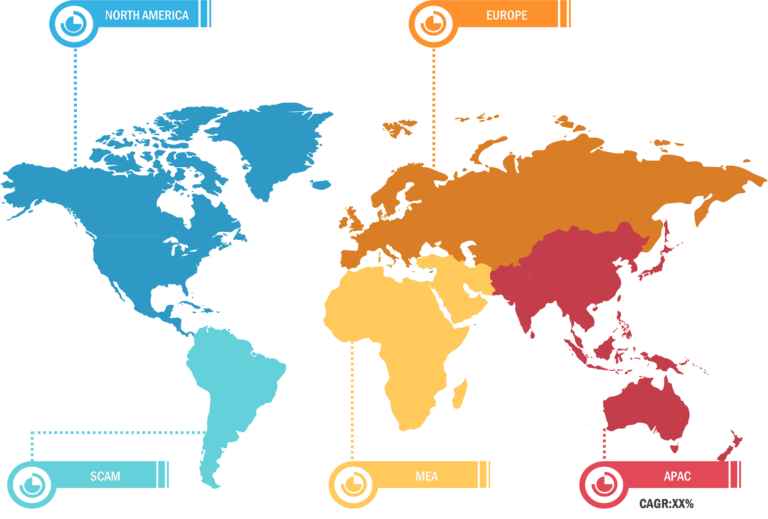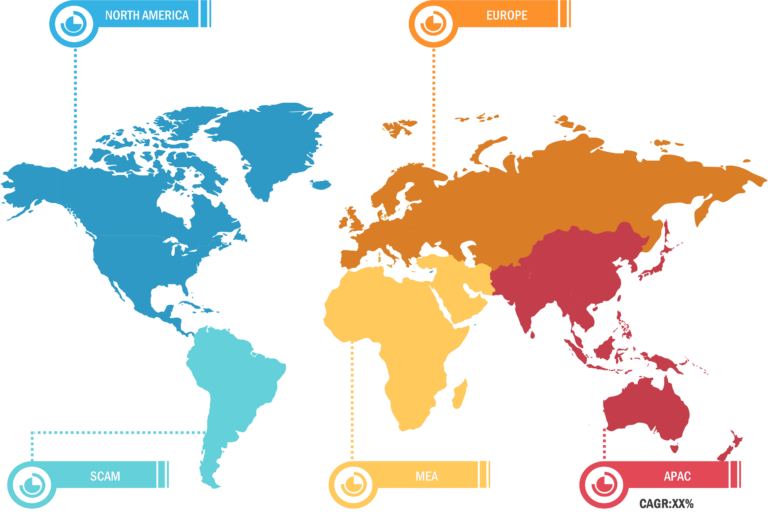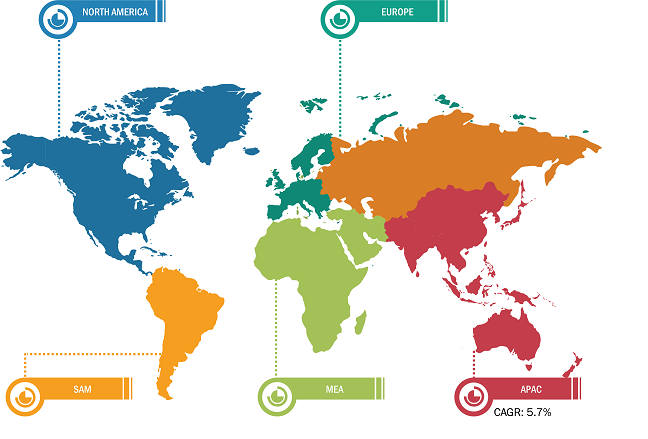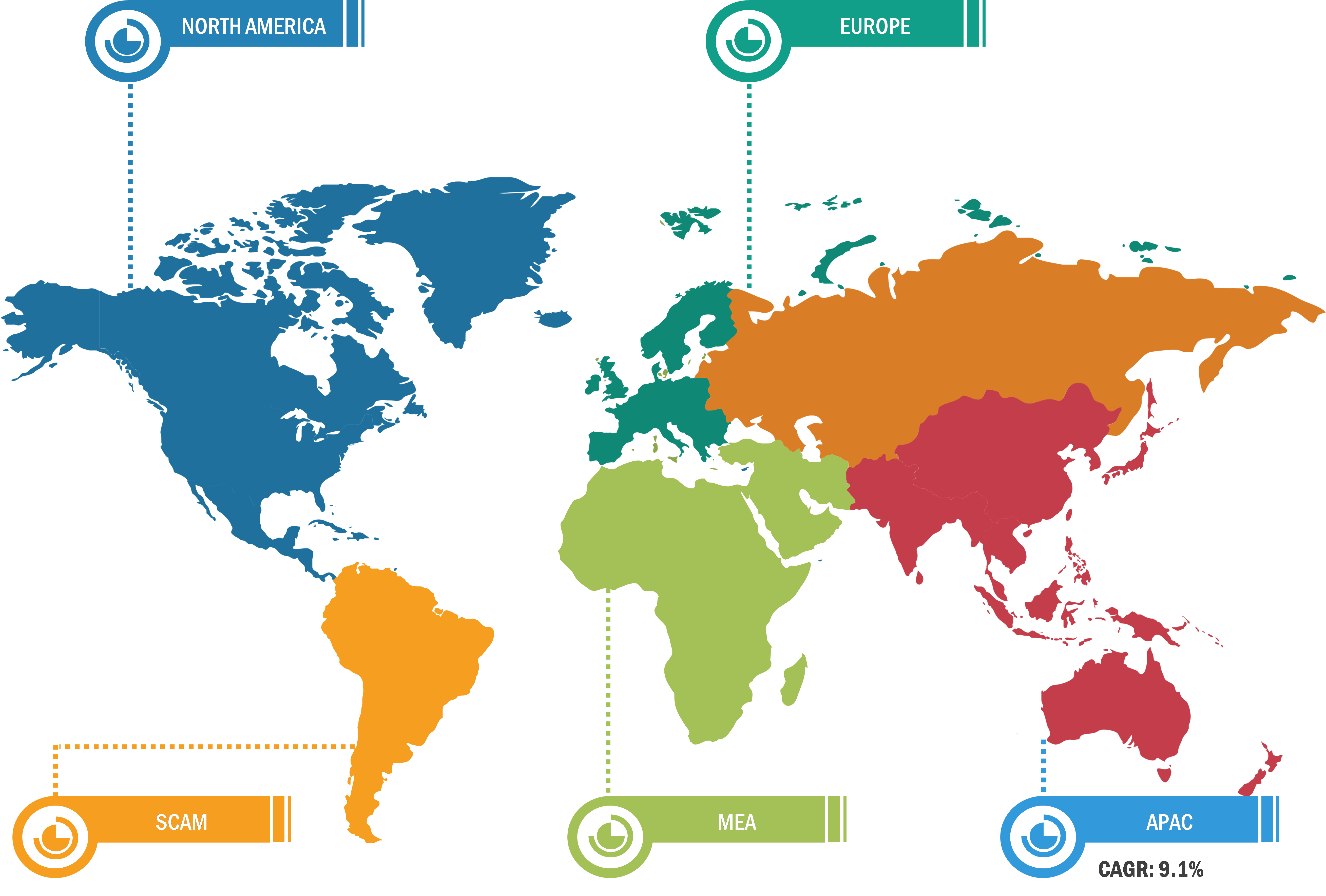
Fish Vaccine Market
Increasing Government Initiatives Fuel Fish Vaccine Market Growth
Aquaculture grows exponentially due to the high demand for seafood and decreasing annual catch of wild fish. Thus, governments are taking initiatives to improve and support the growth of the aquacultural industry. Following are a few recent initiatives:
In February 2021, the Foundation for Food & Agriculture Research (FFAR) funded US$ 790,326 to create a delivery system for a vaccine that can help stop the tilapia lake virus and other diseases from spreading in the aquaculture sector.
In January 2022, Benchmark Animal Health, a leading aquaculture biotechnology company, and Cermaq Group AS, a world-leading salmon farming company, announced that they had received US$ 0.4 million (NOK 4.2 million) in funding from the Norwegian Research Council to support a collaborative research project to develop a vaccine against Tenacibaculum—an ulcerative disease that results in high mortality rates in various marine species.
In January 2023, the European Commission funded US$ 7.88 million to the PerformFISH project to explore and tackle the major causes of stagnancy in the Mediterranean Marine Fish Farming (MMFF) sector. The PerformFISH has been making efforts to manage challenges associated with sea bass and sea bream in Mediterranean aquaculture.
The European Union (EU), in the framework of Horizon 2020, funded Mediterranean Aquaculture Integrated Development (Media)—a four-year Research and Innovation Action (RIA) project that was jointly approved with PerformFISH under the program SFS-23-2016—to improve the technical performance of Mediterranean aquaculture. MedAID aims to improve the sustainability and competitiveness of the Mediterranean marine fish-farming sector throughout the value chain.
Thus, an increase in government initiatives to support developments in the aquaculture industry drives the fish vaccine market growth.
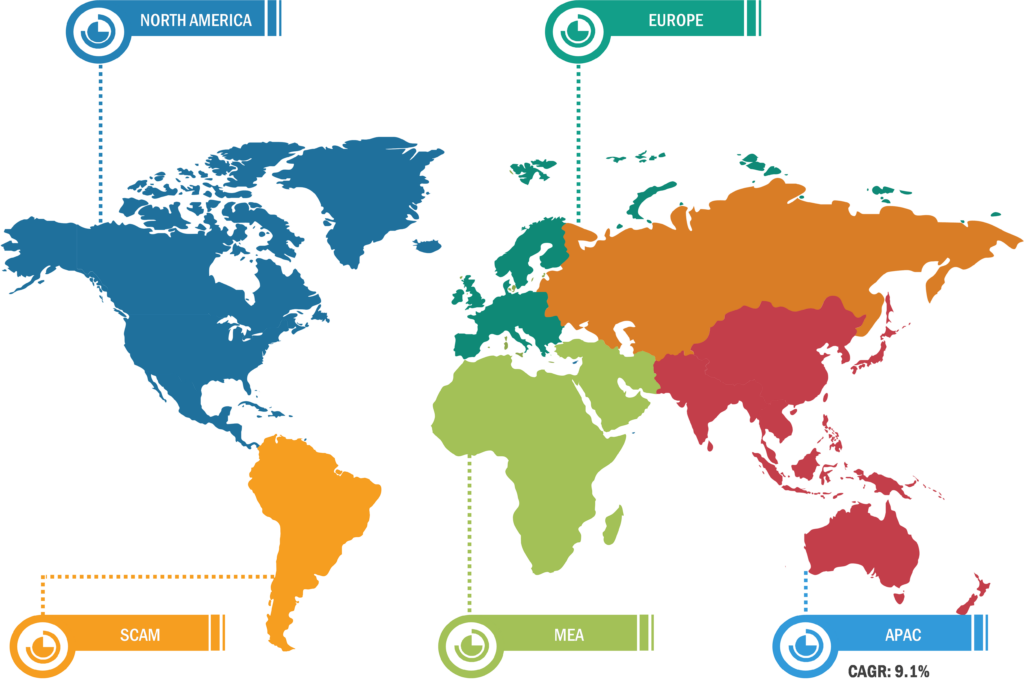
Fish Vaccine Market: Segmental Overview
Based on application, the fish vaccine market is segmented into bacterial, viral, and parasitic. In 2022, the bacterial segment held the largest market share and is expected to grow at the fastest rate during 2022–2030. In dense populations of cultured food or aquarium fish, bacterial diseases are frequent. Poor water quality, organic loading of the aquatic environment, improper handling and transport of fish, significant temperature changes, hypoxia, or other stressful conditions are frequently linked to a predisposition to such outbreaks. Most bacterial pathogens that affect fish are gram-negative and aerobic rods.
Major Bacterial Diseases in Fish
| Bacterial Disease/Pathogen | Major Fish Species Affected |
| Vibriosis (Listonella anguillarum and V. spp.) | Salmonids Cod/halibut Sea bass/bream Amberjack/yellowtail |
| Coldwater vibriosis (Vibrio salmonicida) | Salmonids |
| Wound disease (Moritella viscosa) | Salmonids |
| Furunculosis (Aeromonas salmonicida subsp.salmonicida) | Salmonids |
| Atypical Aeromonas salmonicida | Salmonids Various Fresh Water (FW)/Salt Water (SW) species |
| ERM/Yersiniosis (Yersinia ruckeri) | Salmonids, FW |
| Piscirickettsiosis (Piscirickettsia salmonis) | Salmonids |
| Bacterial gill disease (Flavobacterium branchiophilum) | Various species, e.g., salmonids and carp, FW |
| Flavobacteriosis (Flavobacterium psychrophilum) | Salmonids, FW |
| Columnaris (Flavobacterium columnare) | Channel catfish Salmonids, FW |
| Rainbow trout fry syndrome (Flavobacterium psychrophilum | Salmonids, FW |
| Enteric septicaemia of catfish (Edwardsiella ictaluri) | Catfish species |
| Edwardsiella septicaemia (Edwardsiella tarda) | Channel catfish Eel, Japanese flounder |
| Bacterial kidney disease (Renibacterium salmoninarum) | Salmonids |
| Lactococciosis (Lactococcus garvieae) | Rainbow trout Amberjack/yellowtail |
| Pasteurellosis (Photobacterium damsela subspecies piscicida) | Sea bream/sea bass Amberjack/yellowtail |
| Streptococciosis (Streptococcus iniae) (Streptococcus phocae) | Tilapia Asian sea bass Salmonids |
Fish contains all of the major animal parasite species, and even a healthy wild fish frequently has high parasite burdens. While parasites with indirect life cycles frequently use fish as intermediate hosts, parasites with direct life cycles can be significant pathogens of cultured fish. The knowledge of specific fish hosts greatly facilitates the identification of parasites with pronounced host and tissue specificity. In contrast, a few parasites are recognized due to their common occurrence and lack of host specificity. Fish populations are seriously threatened by parasitic illnesses such as Ichthyophonus, Nanophyetus salmincola, and whirling diseases.
Fish Vaccine Market: Competitive Landscape
Zoetis Inc., Merck & Co Inc., Hipra SA, Phibro Animal Health Corp, Vaxxinova International BV, Kyoto Biken Laboratories, Elanco Animal Health Inc., Nisseiken Co., Ltd., KBNP Inc., Choong Ang Vaccine Laboratories Co., Ltd., and INDIAN IMMUNOLOGICALS LTD are among the leading companies operating in the fish vaccine market. These players focus on expanding and diversifying their market presence and acquiring a novel customer base, tapping prevailing business opportunities in the fish vaccine market.
A few of the recent developments in the global fish vaccine market are mentioned below:
- In March 2023, Indian Immunologicals Limited partnered with the Indian Council of Agricultural Research (ICAR) Institute for the commercial development of a vaccine against hemorrhagic septicemia in freshwater fish.
- In December 2022, the Cochin University of Science and Technology was awarded the international aquatic vaccine development project in collaboration with Moredun Research Institute (UK) and Nord University (Norway). The project received an initial grant of US$ 61,493 (£50,000) for 1 year. It will be conducted at Cusat, along with training visits to the partner countries and knowledge dissemination workshops for fish farmers and stakeholders in India.

